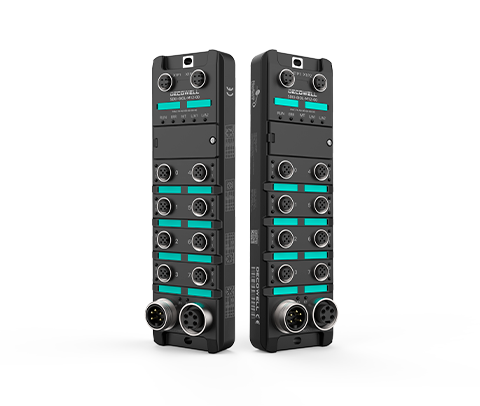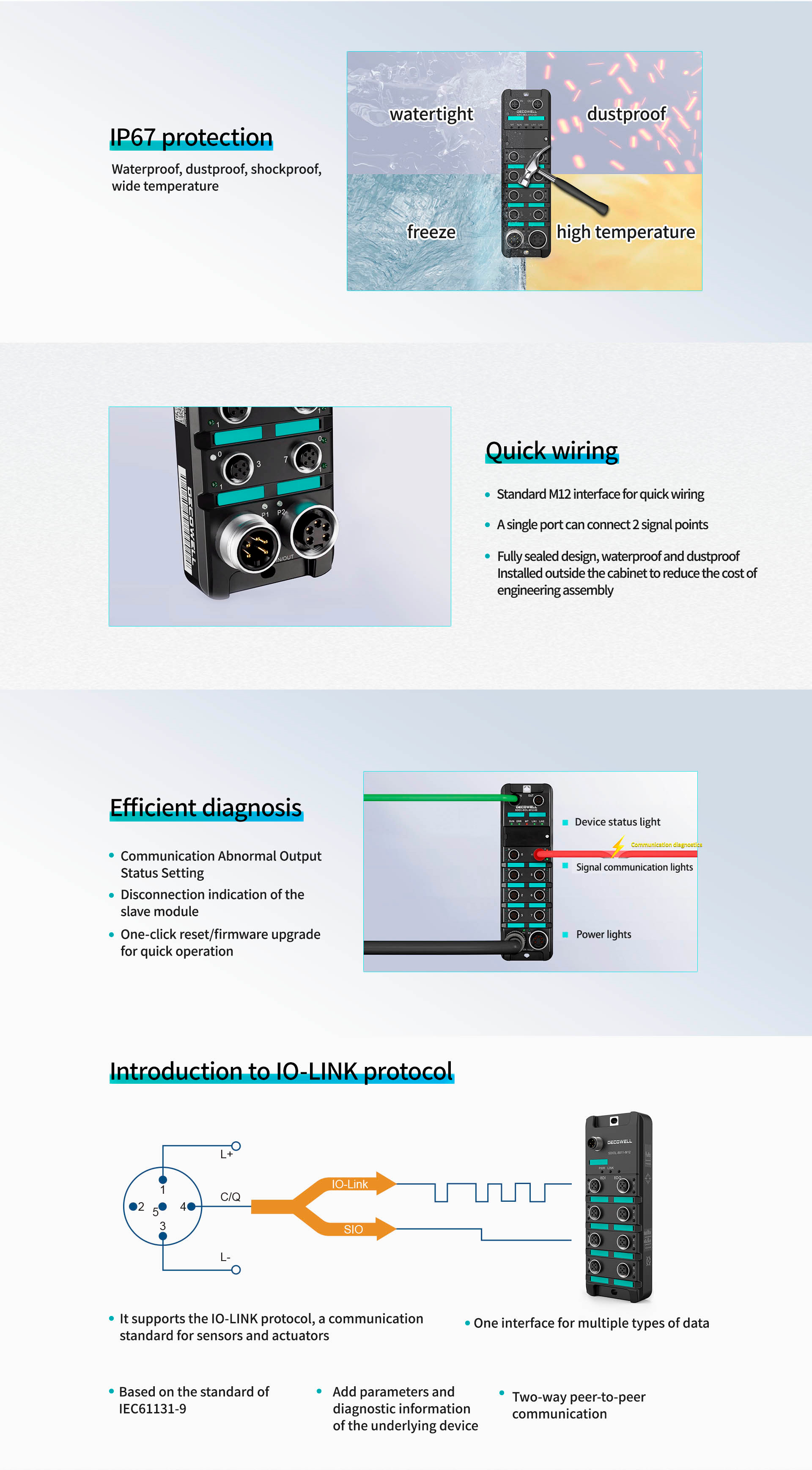Consider a scenario where devices repeatedly fail in rugged environments — a construction site, for example. According to industry data, electronics subjected to dust and moisture face a failure rate as high as 30%. This is where the ip67 module comes into play, ensuring resilience and reliability. But why do failures always occur during critical operations? It’s often due to inadequate protection standards. The need for a more robust solution is clear.

Flaws in Traditional Solutions
Traditional electronic solutions often fall short under aggressive conditions. Many entry-level modules lack comprehensive sealing, making them vulnerable to dust and water ingress. This can lead to diminished performance or outright failure—especially in sectors such as agriculture and construction, where devices are exposed to the elements. Such shortcomings prompt engineers and project managers to seek alternatives that safeguard their electronic investments.
Principles Behind the New Technology
The underlying principles of the IP67 module focus on impermeability to both solid bodies and liquids. By employing durable casings and specialized seals, these modules provide an effective barrier against external contaminants. The “67” in IP67 symbolizes that the module can withstand prolonged submersion—up to 1 meter for 30 minutes! This advanced technology enables systems to perform reliably in various applications, from outdoor signage to industrial controls.
Quantified User Benefits
Users of the IP67 module report a significant increase in operational efficiency—often noted to be up to 40% longer lifespan in harsh conditions. Such gains far outweigh the initial investment, making the modules a cost-effective choice over time. Furthermore, reduced downtime attributed to device failures leads to considerable savings, estimated at thousands of dollars annually for businesses seeking durability in their electronic components.

Conclusion: Make Informed Choices
When evaluating solutions, always verify these 3 metrics: ① ingress protection rating, ② material durability, and ③ warranty terms. These factors are essential to ensuring that your investment in technology stands up to everyday challenges. For those needing a reliable ip67 io module, performing due diligence is key.
The IP67 IO Module: Robust Solutions for Varying Applications
The ip67 io module serves as an excellent example of how technology can be harnessed to thwart adverse environmental conditions. With its rugged design, it provides peace of mind in various applications—from powering industrial machinery to monitoring environmental conditions. The module’s ability to resist moisture and dust makes it an ideal choice for outdoor setups or areas prone to variable climate conditions. This means that you, as an engineer or decision-maker, can deploy technology without worrying about constant maintenance or outrageous replacement costs.
Understanding the IP67 IO System
The ip67 io system offers an integrated approach to protecting your critical electronics. It doesn’t just focus on individual components but examines the entire system’s resilience against environmental factors. This holistic design philosophy allows users to achieve higher operational continuity while minimizing vulnerabilities. Moreover, these systems often come equipped with features such as self-reporting capabilities, which enable prompt diagnostics and reduce downtime—a critical aspect when every moment of productivity counts.
Summarizing the Advantages of the IP67 Modules
In conclusion, while navigating the complex world of electronics, it’s imperative to select components that excel in challenging conditions. The IP67 module, along with its associated systems, stands out for its unmatched protective capabilities and substantial user benefits. When looking for reliable manufacturing sources, consider the advantages offered by DECOWELL. With their commitment to quality and innovation, they remain at the forefront of providing reliable IP67 solutions that meet the demands of today’s rapidly evolving technology landscape.